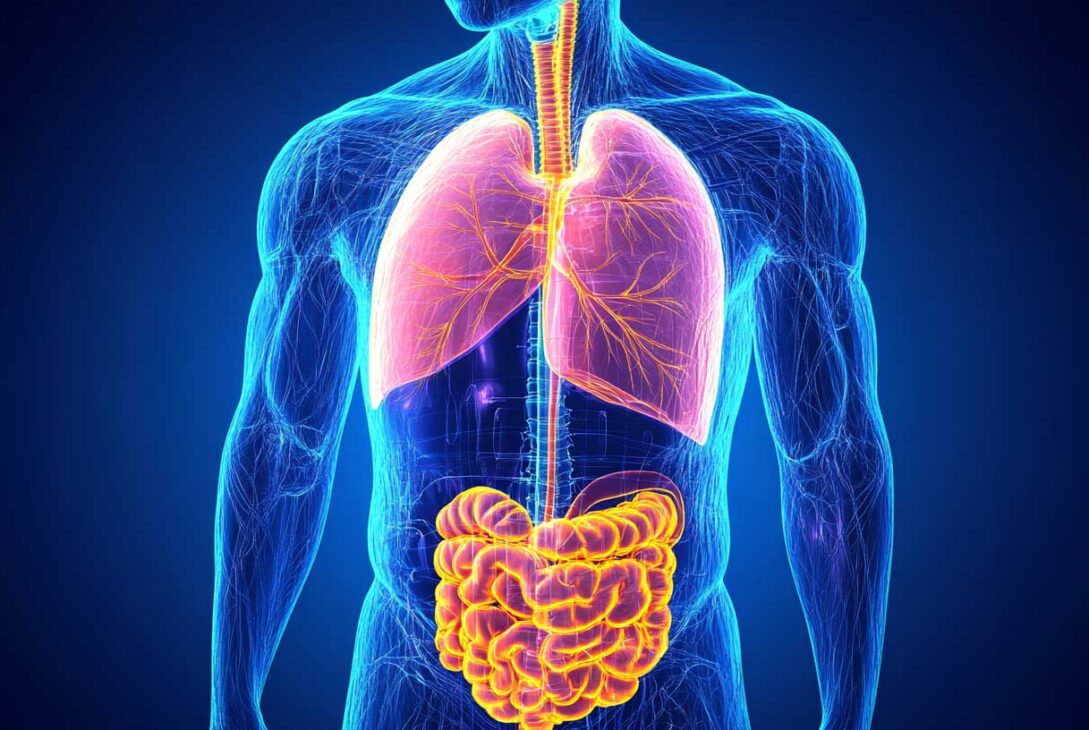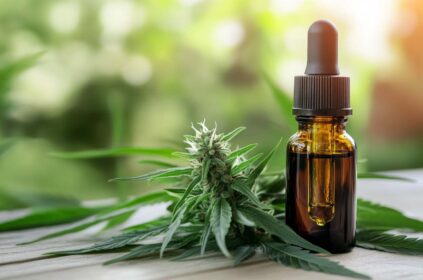Exploring CBD’s Potential Effects on Liver Function
Introduction
In recent years, cannabidiol (CBD) has emerged as a fascinating compound with the potential to improve various aspects of health, including liver function. As a non-psychoactive element of the cannabis plant, CBD is drawing attention for its therapeutic benefits backed by emerging research. This article will guide readers through the potential effects of CBD on liver health, metabolism, and detoxification. Whether you’re a CBD novice or a seasoned user, understanding these connections can enhance your wellness journey.
CBD and Liver Health
Anti-Inflammatory and Antioxidant Properties
CBD is celebrated for its notable anti-inflammatory and antioxidant characteristics. These properties can be particularly beneficial for maintaining liver health, a vital organ responsible for numerous metabolic processes. Studies have suggested that CBD may mitigate inflammation and oxidative stress within the liver, both of which are critical in the onset and progression of liver conditions, such as non-alcoholic fatty liver disease (NAFLD) and alcoholic fatty liver disease (AFLD).
Research Insights:
- CBD interacts with cannabinoid receptors in the body, specifically the CB2 receptor, which plays a role in anti-inflammatory responses.
- A study indicated that CBD reduced liver inflammation in models of liver injury, highlighting its therapeutic potential.
Reducing Fatty Liver Disease
CBD may also help decrease liver fat accumulation and counteract damage from poor dietary habits or excessive alcohol intake. For individuals at risk of developing fatty liver disease, incorporating CBD into their regimen might offer a protective effect.
Key Findings:
- One animal study revealed that CBD administration led to a significant reduction in liver fat content, suggesting that it may serve as a preventive measure against conditions like NAFLD, especially for those managing obesity or metabolic disorders.
Restoring Liver Function
In cases of acute liver injury or chronic liver disease, CBD has shown promise. Research involving animal models with induced liver injuries demonstrated that CBD could restore normal levels of certain biomarkers, including ammonia and bilirubin, generally indicative of healthy liver function.
Practical Example:
- In clinical tests, mice treated with CBD after liver injury showcased improved liver enzyme levels, implying that CBD might aid in therapeutic strategies for conditions like hepatic encephalopathy.
CBD and Metabolism
Metabolic Regulation
CBD’s interaction with the body’s endocannabinoid system (ECS) extends beyond liver health; it may also play a transformative role in metabolic regulation. It has the potential to impact insulin sensitivity, glucose levels, and lipid metabolism—factors closely linked with the development of fatty liver disease.
Supporting Evidence:
- CBD could hinder appetite, which may help in weight management. Additionally, it promotes the conversion of white adipose (fat) tissue to brown adipose tissue—a process linked to higher energy expenditure.
Metabolism Process
When consumed, CBD is metabolized primarily by the liver, a process that converts it into various active compounds. Although this metabolic journey can span several days, starting with a lower dosage can help mitigate any adverse effects, particularly for individuals with existing liver conditions.
Important Considerations:
- Users should be cautious with dosing, as improper amounts of CBD can lead to elevated liver enzymes and potential interactions with other medications.
CBD and Detoxification
Supporting Detox Processes
Detoxification encompasses the body’s natural methods for removing toxins and waste, and CBD may bolster these efforts. Its anti-inflammatory properties can ease bodily stress, potentially amplifying the detox process. CBD’s calming effects can also support individuals dealing with withdrawal symptoms during detox journeys.
Real-World Applications:
- Many users report that CBD alleviates anxiety—something that can be particularly helpful in the detoxification process where stress levels may rise.
Reducing Inflammation and Stress
By mitigating inflammation and managing stress responses, CBD can facilitate the body’s innate cleansing mechanisms. This is especially crucial for organs, like the liver and kidneys, which play critical roles in detoxification.
Case Study Example:
- Patients undergoing detox programs often find that CBD usage helps them cope with discomfort and nervousness, promoting a more effective cleansing experience.
Potential Side Effects and Considerations
Elevated Liver Enzymes
While CBD generally boasts a favorable safety profile, there is a possibility of elevated liver enzymes, such as ALT and AST, which can signal liver distress. It’s essential to recognize that this does not inherently imply liver damage but warrants further investigation.
Expert Insights:
- Regular monitoring of liver enzymes can serve as a preventive measure for anyone using CBD, especially those with existing liver conditions.
Drug Interactions
CBD interacts with the liver’s cytochrome P450 enzyme system, which is integral to metabolizing various medications. Clinicians advise caution, particularly for patients on certain medications like blood thinners and antidepressants.
Proactive Steps:
- It’s wise for users to discuss their CBD usage with healthcare providers to manage potential interactions effectively.
Conclusion
CBD’s relationship with liver function, metabolism, and detoxification is promising and intriguing, although further research is essential to delineate its full range of effects. As you explore the world of CBD, here are some key takeaways:
- Consult a Healthcare Professional: Always discuss CBD usage with a knowledgeable healthcare provider, particularly if pre-existing liver issues or concurrent medications are involved.
- Monitor Liver Health: Scheduling regular check-ups to monitor liver enzyme levels can help detect any potential issues early on.
- Start Low, Go Slow: Begin your CBD journey with small doses, gradually adjusting as necessary to find your optimal level of use.
- Choose Wisely: Opt for high-quality, reputable CBD products to ensure safety and efficacy.
By harnessing CBD’s beneficial properties, individuals may navigate their wellness journeys with a deeper understanding of liver health. Coupling CBD with healthy lifestyle choices—like a balanced diet, regular exercise, and stress management—can further enhance its potential impacts.
Actionable Tips
- Incorporate CBD Smoothly: Think about adding CBD oils, capsules, or edibles to your health routine to lay a foundation of liver support.
- Lifestyle Synergy: Reinforce your CBD use by complementing it with nutritious foods, engaging in physical activity, and adopting relaxation techniques.
- Stay Informed: Educate yourself about the evolving research on CBD to ensure your approach remains safe and beneficial.
By grounding your exploration of CBD in both knowledge and personal experience, you empower not only yourself but also those around you to embrace this potential avenue for enhanced health and well-being.





















